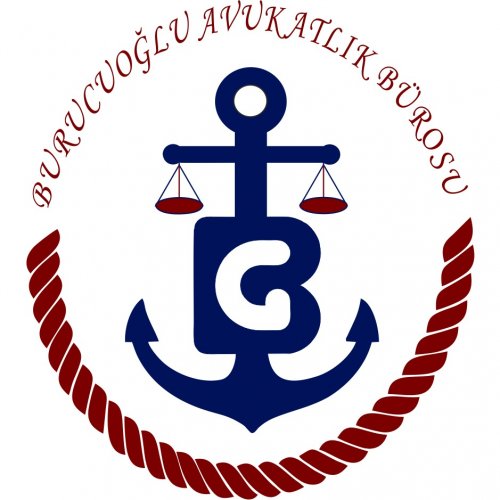Best Creditor Lawyers in Izmir
Share your needs with us, get contacted by law firms.
Free. Takes 2 min.
List of the best lawyers in Izmir, Turkey
About Creditor Law in Izmir, Turkey
Creditor law in Izmir, Turkey refers to the legal framework governing the rights and obligations of creditors and debtors in financial transactions. It encompasses various aspects like debt recovery, bankruptcy, and insolvency proceedings. These laws are designed to protect the interests of both creditors and debtors and ensure fair and transparent practices in financial transactions.
Why You May Need a Lawyer
There are several common situations where people may require legal help in the field of creditor law:
- If you are owed money by an individual or a company and they are not fulfilling their payment obligations.
- If you are facing difficulties in recovering debts and need assistance with debt collection.
- If you are struggling with financial difficulties and need advice on bankruptcy or insolvency proceedings.
- If you are involved in a dispute related to creditor rights or debtor obligations.
- If you need assistance in negotiating loan agreements or drafting legally binding contracts.
Local Laws Overview
Creditor law in Izmir, Turkey is governed by several local laws, including:
- The Turkish Commercial Code: This code regulates commercial transactions, including creditor rights and debt collection procedures.
- The Enforcement and Bankruptcy Law: This law provides guidelines for debt recovery, bankruptcy, and insolvency proceedings.
- The Code of Obligations: This code sets out the general principles governing obligations and contracts, including creditor-debtor relationships.
Frequently Asked Questions
Q: How can I initiate debt collection proceedings against a debtor in Izmir?
A: To initiate debt collection proceedings, you can file a lawsuit in the competent court or seek assistance from a legal professional who can guide you through the process.
Q: What are my rights as a creditor if a debtor files for bankruptcy?
A: As a creditor, you have the right to participate in bankruptcy proceedings and claim your unpaid debts. However, the priority of debt repayment may vary depending on the specific circumstances.
Q: What is the role of a bailiff in creditor matters?
A: A bailiff is responsible for carrying out enforcement actions, such as seizing assets or property to satisfy a debt. They play a crucial role in debt recovery processes.
Q: Can I negotiate a debt repayment plan with a debtor instead of pursuing legal action?
A: Yes, it is often advisable to negotiate a debt repayment plan with a debtor before resorting to legal action. This can help avoid lengthy court proceedings and reach a mutually acceptable resolution.
Q: Are there any time limitations for initiating legal action to recover a debt?
A: Yes, there are certain time limitations called the statute of limitations that vary depending on the nature of the debt. It is important to consult a lawyer to understand the applicable time limits and take timely action.
Additional Resources
For further assistance and information regarding creditor law in Izmir, Turkey, you may consider reaching out to:
- The Izmir Bar Association - They can provide referrals to experienced lawyers specializing in creditor law.
- The Ministry of Justice - Their website offers resources and information on the legal system in Turkey.
Next Steps
If you require legal assistance in creditor matters in Izmir, Turkey, it is recommended to:
- Compile all relevant documents and evidence related to your case.
- Consult a reputable lawyer with expertise in creditor law.
- Discuss your situation and concerns, providing all necessary details.
- Follow the guidance and instructions provided by your lawyer to proceed with your case.
- Ensure you stay informed and actively participate in the legal process until a resolution is reached.
Lawzana helps you find the best lawyers and law firms in Izmir through a curated and pre-screened list of qualified legal professionals. Our platform offers rankings and detailed profiles of attorneys and law firms, allowing you to compare based on practice areas, including Creditor, experience, and client feedback.
Each profile includes a description of the firm's areas of practice, client reviews, team members and partners, year of establishment, spoken languages, office locations, contact information, social media presence, and any published articles or resources. Most firms on our platform speak English and are experienced in both local and international legal matters.
Get a quote from top-rated law firms in Izmir, Turkey — quickly, securely, and without unnecessary hassle.
Disclaimer:
The information provided on this page is for general informational purposes only and does not constitute legal advice. While we strive to ensure the accuracy and relevance of the content, legal information may change over time, and interpretations of the law can vary. You should always consult with a qualified legal professional for advice specific to your situation.
We disclaim all liability for actions taken or not taken based on the content of this page. If you believe any information is incorrect or outdated, please contact us, and we will review and update it where appropriate.











